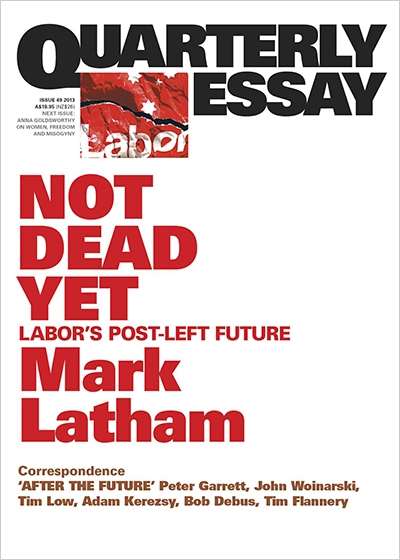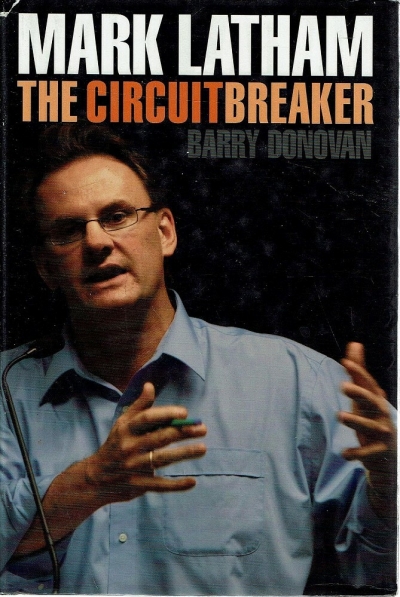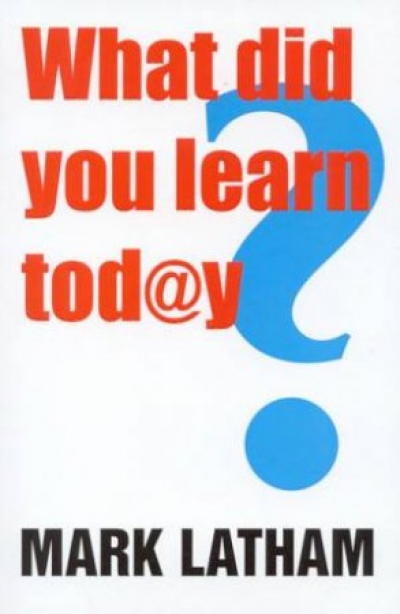Mark Latham
Not Dead Yet: Labor’s Post-left Future (Quarterly Essay 49) by Mark Latham
by Dennis Altman •
A Conga Line of Suckholes: Mark Latham’s book of quotations by Mark Latham
by Fred Ludowyk •
Neal Blewett reviews 'Losing It' by Annabel Crabb, 'Loner: Inside a Labor tragedy' by Bernard Lagan, and 'The Latham Diaries' by Mark Latham
by Neal Blewett •
Although you might not guess it from media comment, The Latham Diaries (MUP, $39.95 hb, 429 pp, 0522852157) is the most important book yet published on Labor’s wilderness years. It provides a pungent characterisation of Labor’s post-1996 history; conveys a profound understanding of the challenges facing a social democratic party in contemporary Australia ...
... (read more)Mark Latham by Barry Donovan & Quarterly Essay by Margaret Simons
by Neal Blewett •




